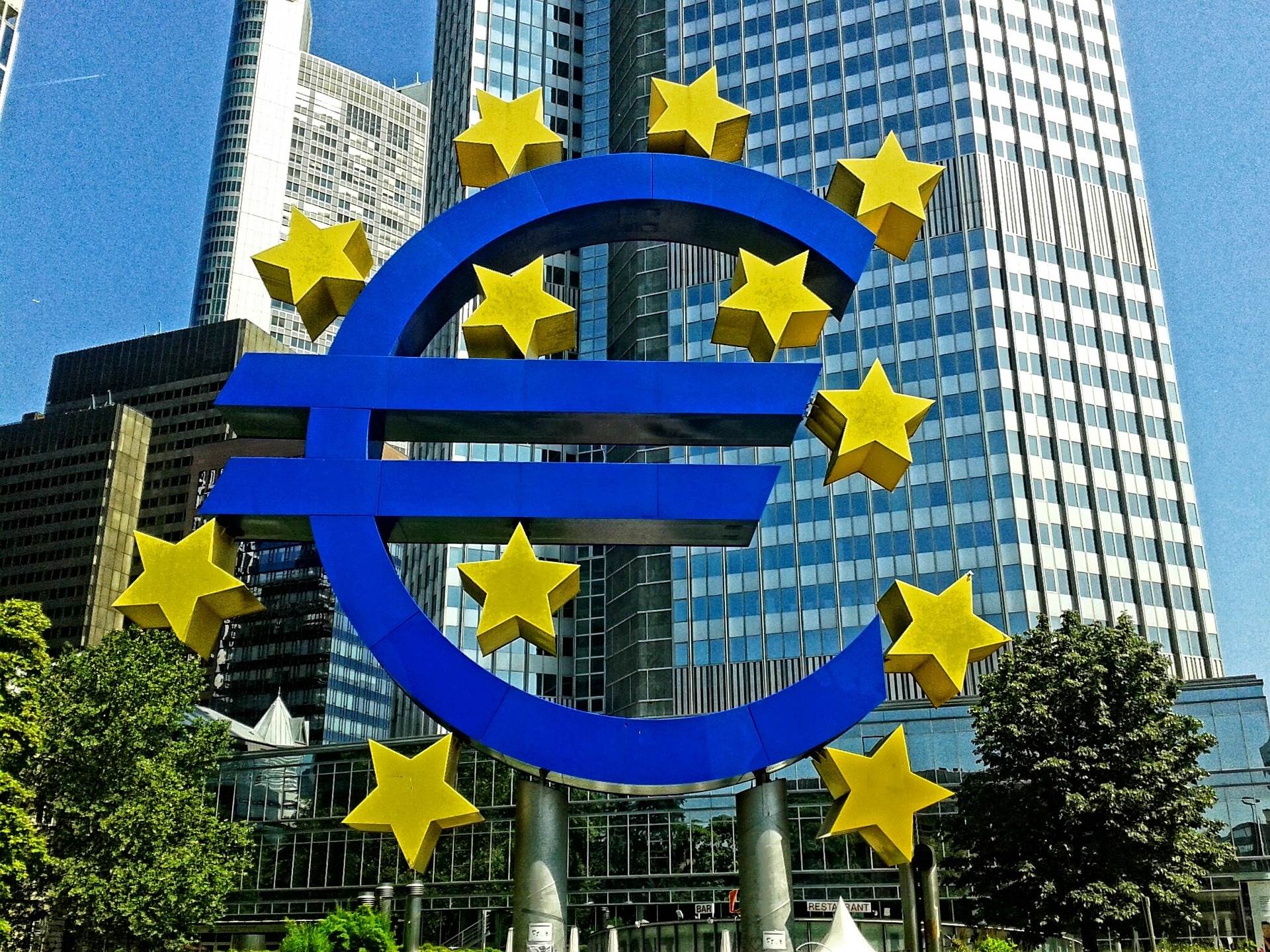The European Central Bank’s Chief Economist, Philip Lane said that it's unlikely that the economy will come back to its pre-crisis level before 2021.
 “From today’s perspective, it looks, in any case, unlikely that economic activity will return to its pre-crisis level before 2021, if not later,” he said on an interview that was published in the European Central Bank site, adding that the bank is currently evaluating the situation ahead of the next meeting, “If we see that financial conditions are too tight, or the pressure on individual bond markets is not reflecting economic fundamentals, we can adjust the size or duration of our purchases, which we can anyway allocate flexibly over time and market segments,” he continued.
“From today’s perspective, it looks, in any case, unlikely that economic activity will return to its pre-crisis level before 2021, if not later,” he said on an interview that was published in the European Central Bank site, adding that the bank is currently evaluating the situation ahead of the next meeting, “If we see that financial conditions are too tight, or the pressure on individual bond markets is not reflecting economic fundamentals, we can adjust the size or duration of our purchases, which we can anyway allocate flexibly over time and market segments,” he continued.
Lane explained that the current crisis is unprecedented, which makes harder to predict how the recovery will look like. He also highlighted the role of the fiscal response to the crisis, claiming that the north-south divide in those terms is not necessarily negative as the fact that countries like Germany taking a stronger stance could favor weaker countries.
"But it is also important that all countries recover, and policymakers play a central role in this respect," he commented, "We at the ECB will ensure that financial conditions are sufficiently accommodative and stable for all countries," he added.
As per the heavily discussed idea of creating a recovery fund, Lane said that the ECB policymakers are already discussing what form this fund should take to avoid an economic depression.
"One of the proposals under discussion is to increase the EU's budget and have the European Commission distribute the funds," he said, explaining that one of the advantages of this proposal would be that the countries taking advantage of it would not have to increase their national public debts in a significant way, which would help them not to be barred from other financial opportunities.
At the end of the interview, Lane highlighted that despite the response of the EU may have been somewhat slow, being part of the union was at the end of the day advantageous for countries like Italy and Spain, at least in terms of stability. Nevertheless, there is still more to be done to deal with the current crisis, especially in terms of making sure of the availability of funding to aid the EU members to recover.
By 7:26 GMT the Euro remained almost steady against the US dollar, adding 0.03 percent and hitting the 1.0819 level. On the other hand, it fell 0.07 percent against the Pound Sterling, falling to the 0.8939 level.
